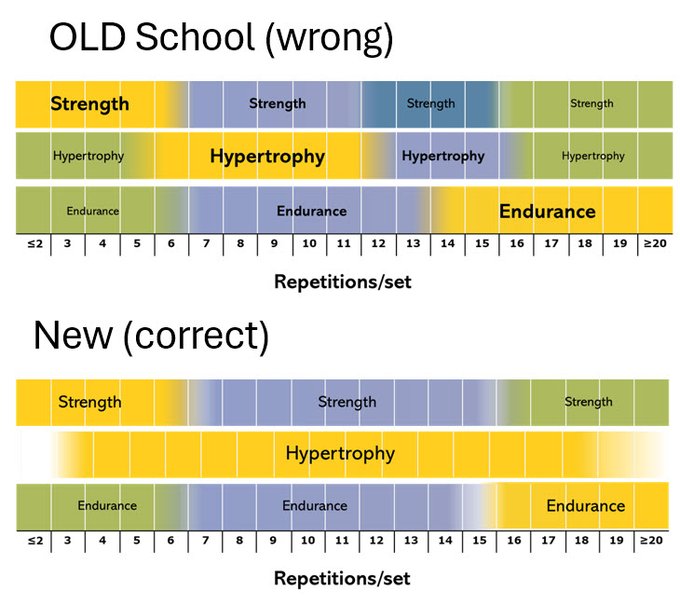
Dad, Husband, Distinguished Univ Professor, tier 1 @CRC_CRC, @McMasterU; opinions mine. Scholar: https://t.co/9FZmrkltUw. Linktree: https://t.co/6w6NWx9M6p
6 subscribers
How to get URL link on X (Twitter) App


https://twitter.com/fmfclips/status/1982839414335172865I've spent 30 years working in this area, and we've generated lots (and lots) of data on protein requirements and hypertrophy-related requirements. The RDA isn't cutting it, but anything beyond 1.6 is a total waste of time (and money).

 In 2014, a Cell Metabolism paper claimed high protein intakes (50–65 y) ↑ mortality by 75% & ↑ cancer mortality 4-fold! Headlines screamed: “Protein as bad as smoking.” 🔗 a 🧵cell.com/cell-metabolis…
In 2014, a Cell Metabolism paper claimed high protein intakes (50–65 y) ↑ mortality by 75% & ↑ cancer mortality 4-fold! Headlines screamed: “Protein as bad as smoking.” 🔗 a 🧵cell.com/cell-metabolis…



 This was the original stated purpose "there are several innovative features of the proposed experiments that are expected to significantly advance the field and improve muscle regrowth and mobility, with the overall goal of reducing risk of disability among older adults.
This was the original stated purpose "there are several innovative features of the proposed experiments that are expected to significantly advance the field and improve muscle regrowth and mobility, with the overall goal of reducing risk of disability among older adults.


